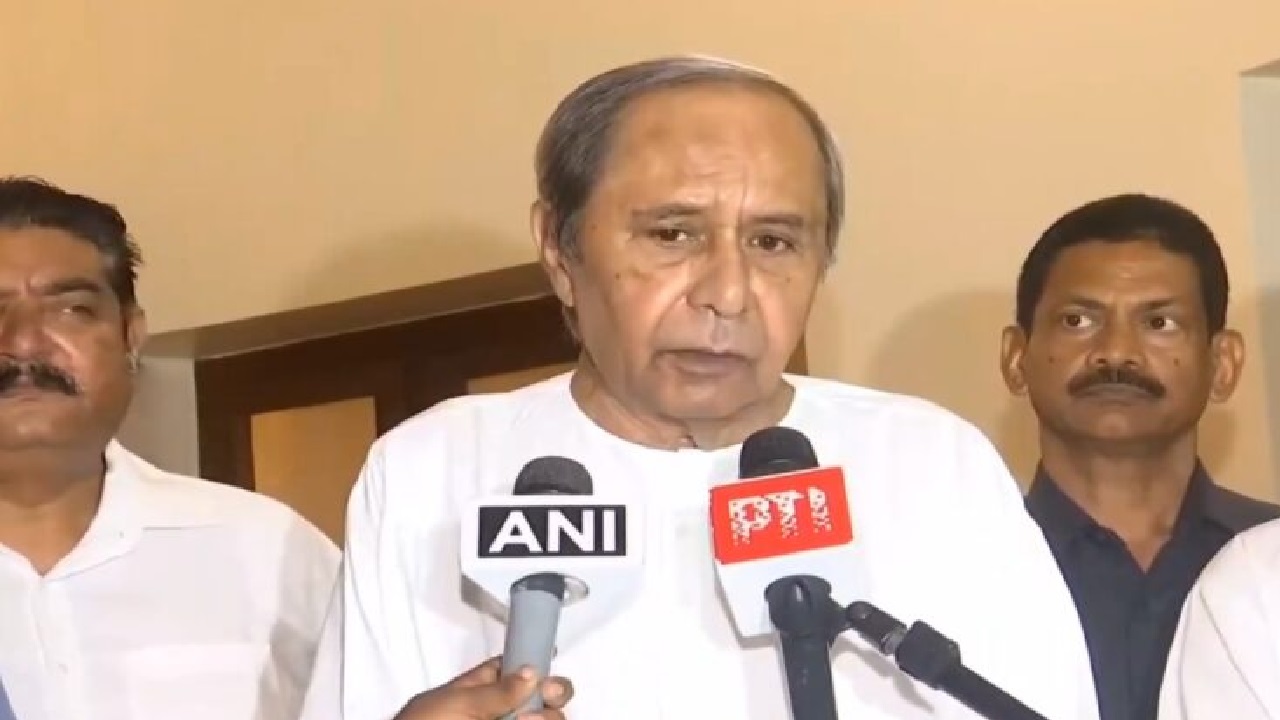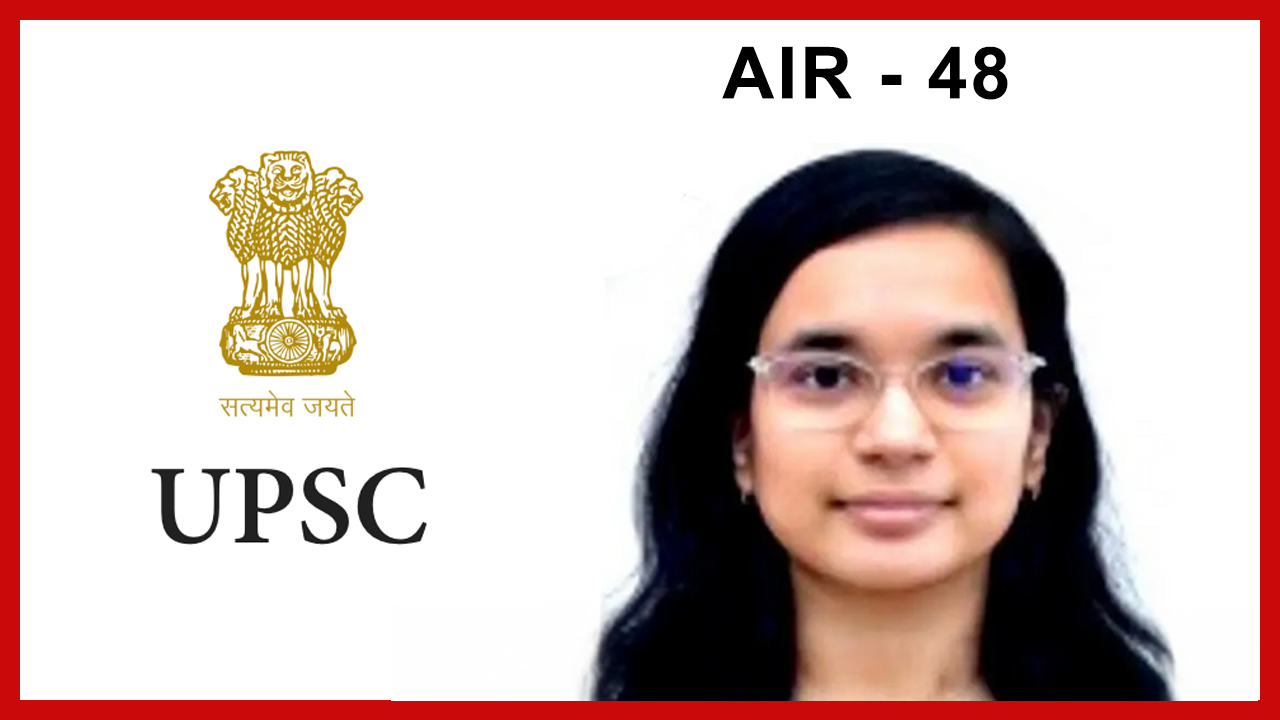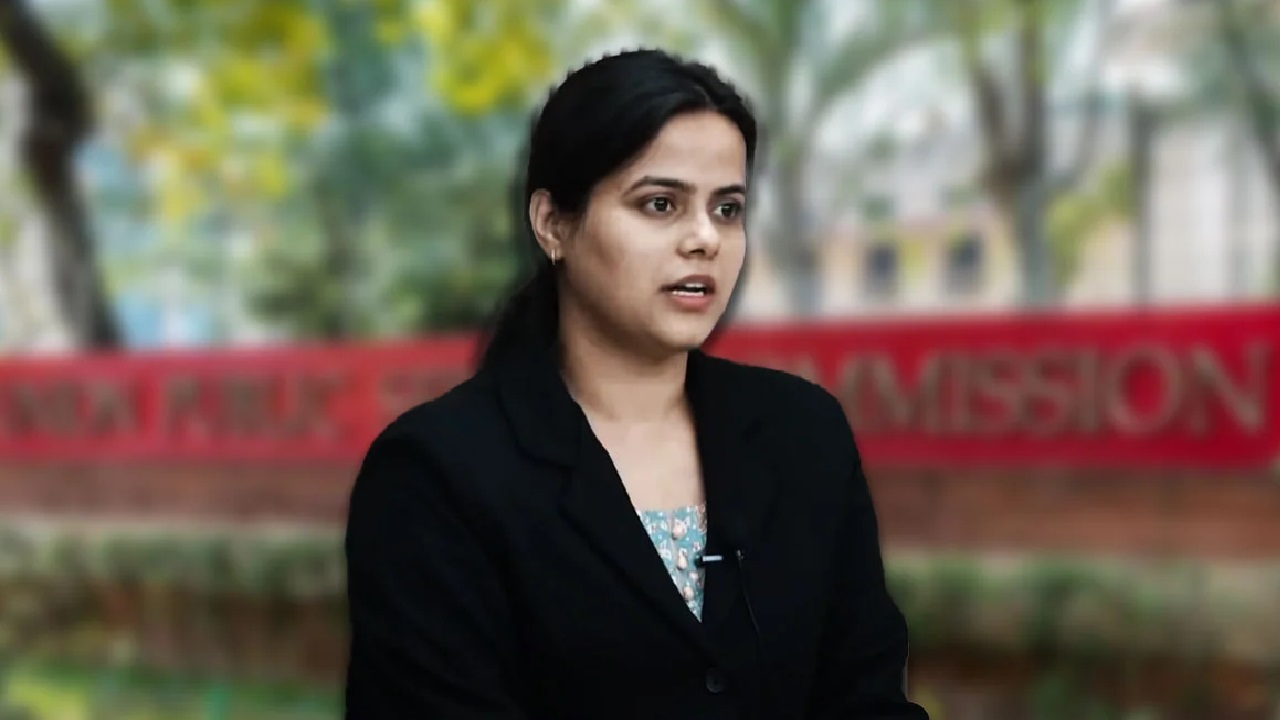BJD’s Legacy and Leadership Under Naveen Patnaik
The Biju Janata Dal (BJD) has long stood as a dominant political force in Odisha, carving its identity through regional pride, social justice, and welfare-centric governance. Formed in 1997 by Naveen Patnaik, son of the legendary Biju Patnaik, the party has enjoyed unbroken electoral success for over two decades. Under Naveen’s calm yet firm leadership, BJD has created a governance model often lauded for stability, welfare reforms, and disaster management.
However, after electoral setbacks in the 2024 Assembly and Lok Sabha polls, cracks are beginning to show. Recent events hint at growing internal dissent, most notably with a sharp letter from senior MLA Ranendra Pratap Swain—a party stalwart since its inception.
Swain’s Strong Words: A Warning to the Top Brass
In a public letter addressed to Naveen Patnaik, Swain, an eight-time legislator from Athgarh, expressed concern over what he termed a “few individuals hijacking the party.” He criticized the ongoing organisational restructuring, claiming that appointments are favouring loyalists of a specific, influential group rather than representing the diverse population of Odisha.
Swain emphasized that unless the BJD ensures inclusive representation for SC/STs, OBCs, minorities, and women, the very principles the party was built upon—social justice and regional balance—will be undermined.
Citing the recent flip-flop on the Waqf (Amendment) Bill in the Rajya Sabha, Swain questioned the party’s stance on secularism. “The situation today calls for clarity, courage, and concrete action to deepen our commitment,” he urged.
Dissatisfaction Isn’t New: A Growing List of Voices
Swain isn’t the first to voice discontent. In recent years, several senior leaders have either quietly distanced themselves or spoken out over the party’s growing centralization of power and increasing proximity to the BJP at the national level. The BJD, once firm on maintaining its “equi-distance” from both national parties, has faced criticism for aligning too closely with BJP on key parliamentary votes.
Some insiders suggest that Naveen Patnaik’s heavy reliance on a tight-knit circle of advisors, often perceived as political outsiders, has alienated long-time BJD veterans. These tensions are now surfacing, especially as the party tries to reassert itself post-2024 electoral losses.
Impact on the Party and Its Voters
Swain’s dissent is not just a leadership issue—it resonates with the party’s core voter base, which includes significant populations from tribal, backward, and minority communities. If these groups perceive the BJD as drifting from its founding ideals, it could trigger electoral backlash, particularly in rural belts where identity politics and social equity remain potent issues.
Moreover, internal rifts can stall organisational cohesion, especially when the party is in the midst of revamping its structure through district- and block-level appointments. Political observers caution that unresolved factionalism could weaken the BJD ahead of the 2029 general elections.
What Lies Ahead for the BJD?
Despite the noise, Naveen Patnaik remains an undisputed figure in Odisha politics and is set to be elected BJD president for a record ninth time on April 19. But his legacy, and the future of the party, may depend on how he navigates this critical internal crossroads.
To regain lost ground and rebuild trust, the BJD must:
· Foster internal dialogue and address grievances of senior leaders.
· Reaffirm its commitment to secularism and social justice.
· Ensure transparency and inclusivity in organisational appointments.
· Reconnect with grassroots workers and stay rooted in regional identity.
A Test of Leadership and Legacy
The BJD is at a pivotal moment. While Naveen Patnaik’s leadership has been synonymous with stability and development, growing dissent within party ranks indicates the need for introspection. Whether these early signs of unrest will lead to reform or deepen factional divides will shape the next chapter of Odisha’s political narrative.
For now, all eyes remain on Patnaik—will he steer the party back to its founding ideals, or risk losing the very legacy his father entrusted him with?
(With inputs from agencies)








